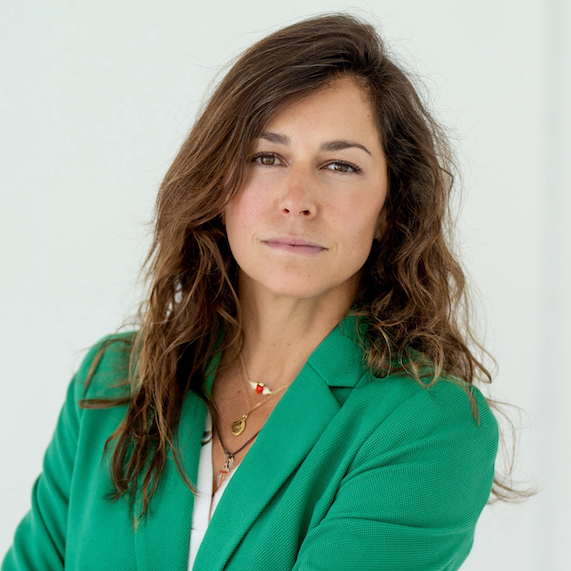Artificial intelligence as a catalyst for service excellence
By Aline Gómez-Acebo
ASISA Group Sustainability Director

Artificial intelligence (AI) has been talked about for a long time in healthcare, although almost always in relation to diagnostics. This is not a minor issue, since shared knowledge is a major lever for progress in medicine.
I remember the ASISA Group's first neural network project. At ASISA Dental we saw the ability to extend the vision of the human eye, which can distinguish from 12 to 16 shades of gray in an X-ray, to having a range of hundreds and even thousands of differentiated shades thanks to a machine. The precision capability is impressive.
Health is not conceived only for sick people. Every day there are thousands of healthy patients who go for a consultation, test or medical examination. Fortunately, they are a high percentage of the total number of people who visit hospitals, and they also require excellent service.
When we talk about excellence in service for this type of patient, we are no longer only looking for high precision. Patients are looking for accompaniment from start to finish, to feel guided and cared for beyond their health. This includes a pre, during and post consultation follow-up.
This type of tailor-made service is very difficult to provide today, as it involves high costs, coupled with the need to take advantage of economies of scale which are, in essence, a barrier against customization.
That is why this is the area where we currently find more AI-based solutions that allow to accompany the patient, from the appointment request (with BOTs, virtual assistants...), during the process or in the follow-up (virtual nursing platforms, home monitoring equipment, etc.).
Generally, both providers and patients are reluctant to think that a robot or a machine can give us the warm and human treatment we need, but the reality is that AI comes to replace people in tasks that do not require that humanity, so that people can focus on providing service to patients, instead of being behind a screen.
How many times have you arrived at a health center or hospital desk and found the person behind it talking on the phone? We all appreciate it when we are reminded of the time, but we don't care who does it. What does matter to us is that, if we arrive at a center, we are attended to by a person and not a machine.
AI makes it possible to act as an assistant in multiple tasks at a low cost and with unsurpassed efficiency. We just need to be able to detect those parts of the process that become bottlenecks and look for existing solutions to unblock these processes with the help of technology.
When I'm asked if I think AI is going to kill jobs that exist now, I always say yes, but they are jobs that shouldn't have existed long ago. My first job as a sophomore was sifting through resumes of candidates for a recruiting firm. Then I was promoted to language testing. Today neither of those two jobs exist, they have been replaced by AI.
In the same way, calling to find out if you are coming to the office, if you have taken your medication, answering to make an appointment, checking paperwork to give an authorization for a flyer, etc., are tasks that can and should be replaced by technology.
However, there is still a long way to go. According to an Oracle study, two-thirds of doctors' time in the office is spent on administrative work. If we want healthcare to be sustainable, we need to work on these inefficiencies in order to cover more patients and reduce waiting lists.
Because in the end what patients consider excellent service is the same as in other industries: speed, clarity and ease.

Aline Gómez-Acebo, Sustainability Director of the ASISA Group
Aline Gómez-Acebo is Director of Sustainability at ASISA and CEO of Eniax, a digital health startup.
In addition to the health sector, where she has held various management positions over the last decade, she is a board member of the Universidad Autónoma de Madrid and an associate professor at the Instituto de Empresa.
She has been named one of the Top 100 Women Leaders in Spain and participates in several women's leadership groups such as Rolemodel Rebels, Women in Global Health, etc.

